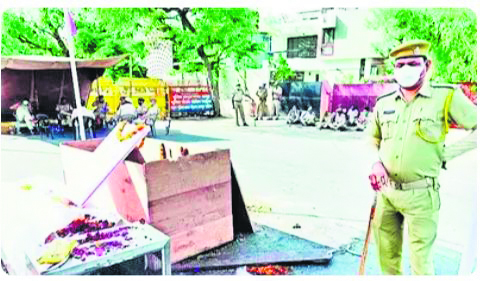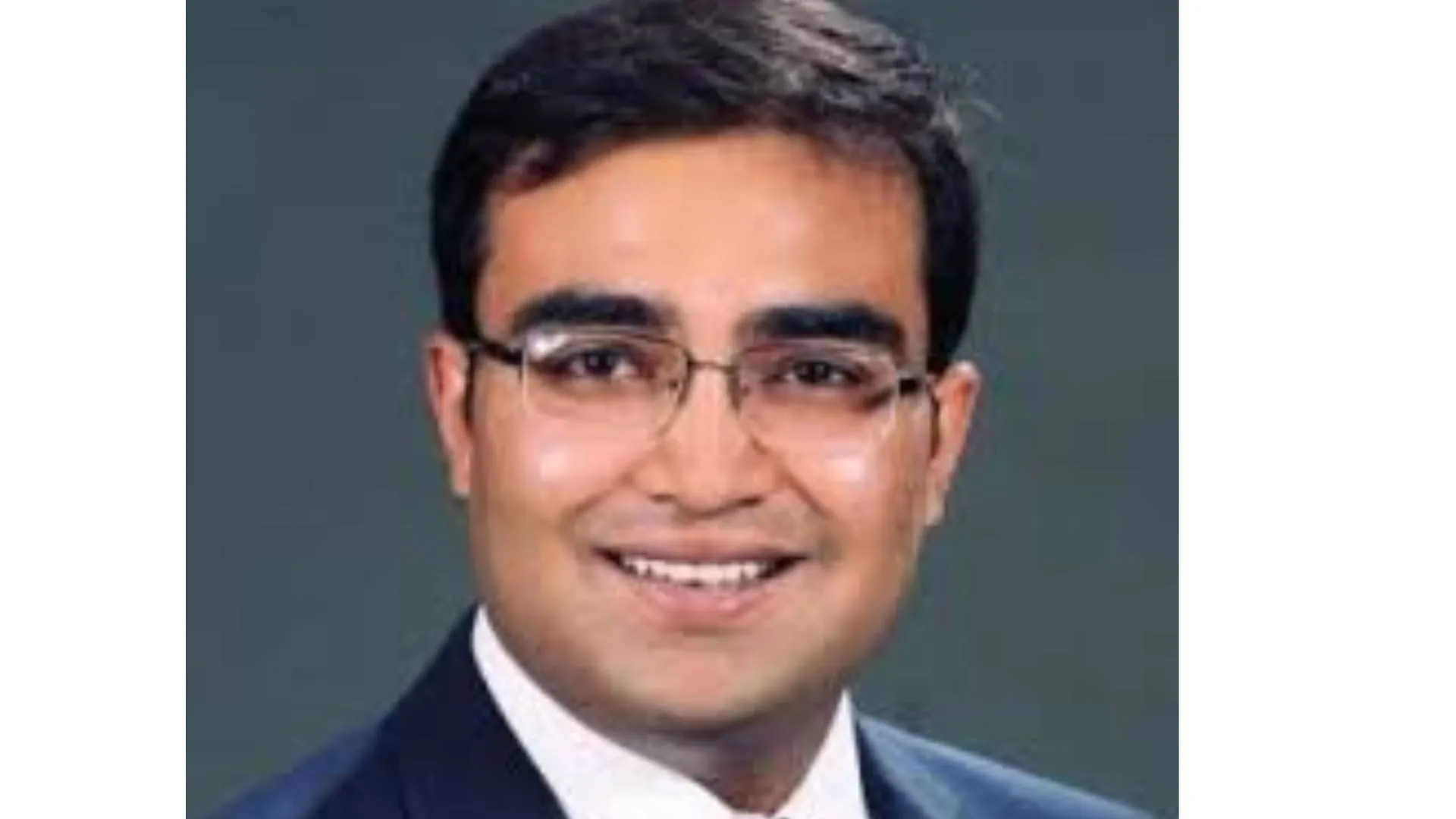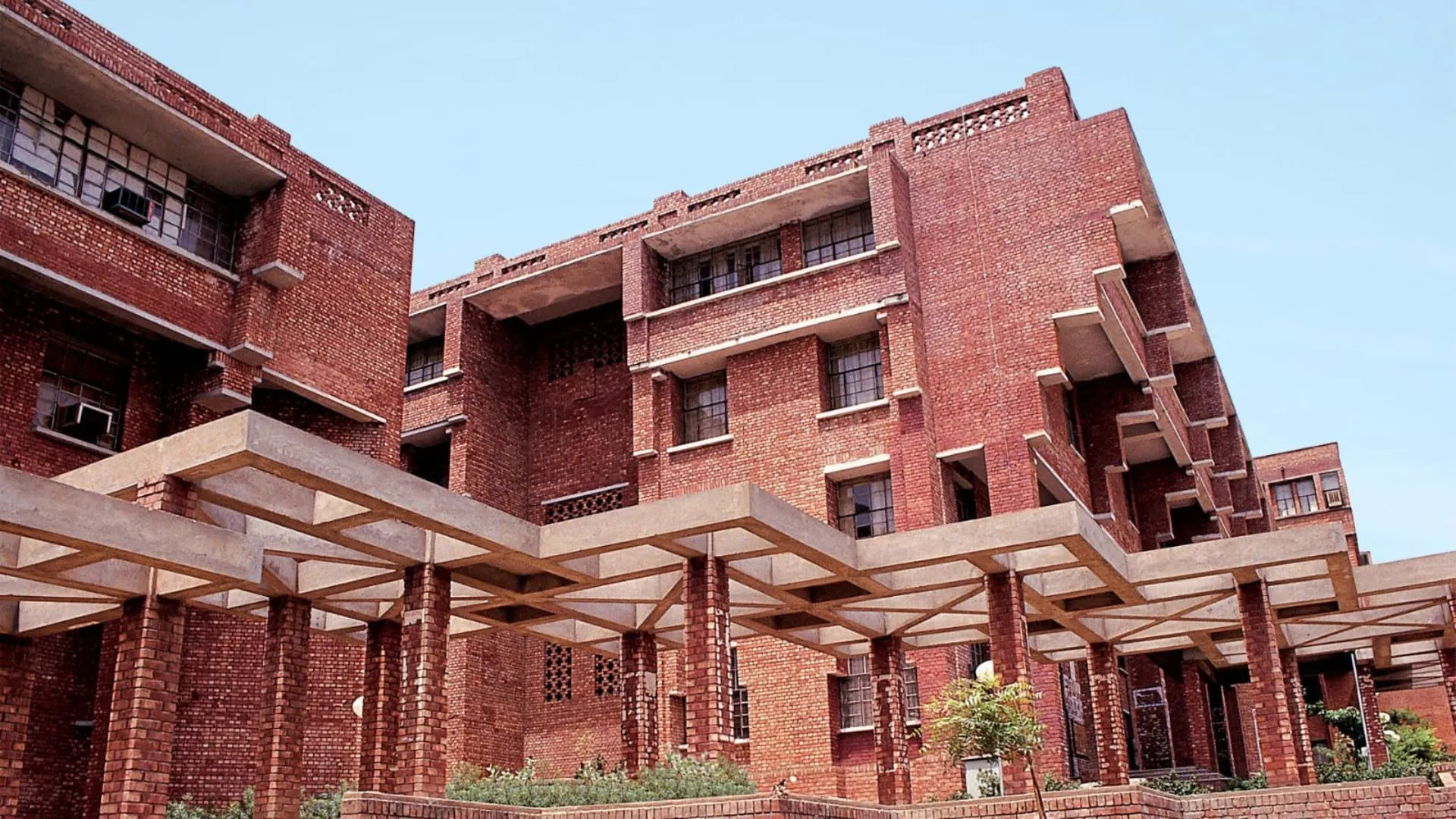The Haryana cabinet, led by Chief Minister Manohar Lal Khattar, has approved “The Haryana Honourable Disposal of Dead Body Bill, 2024,” making it a potential crime to use or preserve a corpse during protests for bargaining or raising demands. This proposed legislation, set to be presented in the upcoming budget session of the assembly, aims to ensure dignified and prompt last rites for the deceased. Once enacted, individuals engaging in such protests with a body could face criminal charges, including fines and imprisonment, as outlined in the bill. Haryana has witnessed historical instances of such protests, where relatives would use the deceased’s body to negotiate with authorities, often causing prolonged tensions for both civil and police authorities in convincing them to proceed with cremation.
Such incidents have been reported during the farmers’ agitation, Jat reservation stir, custodial deaths and deaths while working on electricity poles. There have also been incidents of relatives of murder victims carrying out such protests.
According to the proposed bill, in consideration of the respect and dignity owed to a dead person, nobody should be allowed to raise any demand or bait for pursuing any demands by way of any protest or agitation by not performing the timely last rites of a dead body. It is essential to prevent any individual from using a deceased body as a means of protest or demonstration in any form.
The proposed legislation also emphasises the responsibility of public authorities in cases where family members disown a deceased body, leading to a denial of proper last rites. In such instances, the public authority is mandated to step in and ensure the dignified and timely conclusion of the last rites for the dead body.
Government claims that the entitlement to dignity and fair treatment, in accordance with Article 21 of the Constitution, extends beyond the living to include the body after death.






















